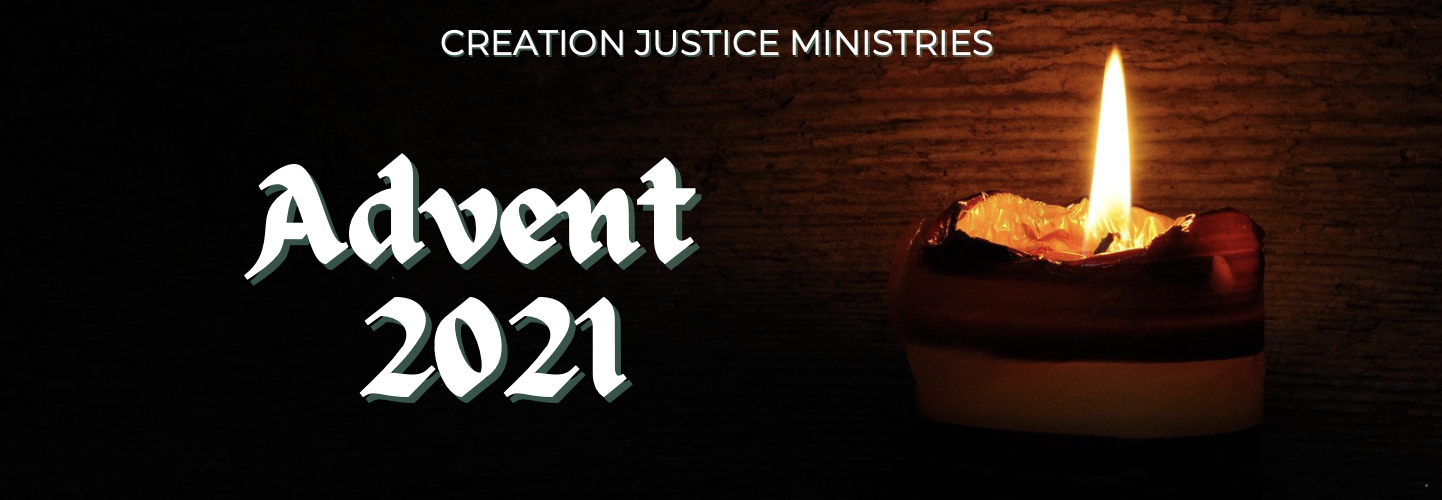|
By Ched Myers John said to the crowds that came out to be baptized by him, "You brood of vipers! Who warned you to flee from the wrath to come? Bear fruits worthy of repentance. Do not begin to say to yourselves, 'We have Abraham as our ancestor'; for I tell you, God is able from these stones to raise up children to Abraham. Even now the ax is lying at the root of the trees; every tree therefore that does not bear good fruit is cut down and thrown into the fire." And the crowds asked him, "What then should we do?" In reply he said to them, "Whoever has two coats must share with anyone who has none; and whoever has food must do likewise." Even tax collectors came to be baptized, and they asked him, "Teacher, what should we do?" He said to them, "Collect no more than the amount prescribed for you." Soldiers also asked him, "And we, what should we do?" He said to them, "Do not extort money from anyone by threats or false accusation, and be satisfied with your wages." In this reading from the Third Week of Advent, John the Baptizer invites the gathered crowd to “bear fruits worthy of repentance.” In a reflection on the parallel passage in the Gospel of Matthew, Ched Myers offers context for John’s words and how we might bear fruits worthy of repentance in ourselves, our communities, and our churches. Watch Ched's reflection or read the transcript below. "So in this one sharp, concise challenge from the mouth of John, the Baptist: "bear fruits worthy of repentance," we find this strong gospel invitation to: 1. Confirm our own baptism by 2. Engaging more deeply the roots of the pathologies around us and within us and throughout our churches, in order that 3. We will work to animate concrete efforts to turn our history around, through our collective discipleship of decolonization." Watch the full webinar where Ched offered this reflection, "Truth, Healing & Conservation: Tracing the Roots of California Ecocide, Seeking Fruits of Repentance" here: www.youtube.com/watch?v=0nRMKzqVrtE Full Transcript: We have here a text from Matthew chapter three, which is a sharp, concise challenge that resonates with the work before us. John the Baptist is a wilderness prophet whose core message is to call people who in his day were laboring under colonial occupation for century Palestine, to repent through a ritual baptismal covenanting. Here's what repentance is not, it's not private sorrow or anguish or shame feelings, which tend to animate either self-contempt or a desire for exoneration or cheap grace or protests of innocence. We can actually see this illustrated by the verses on either side of our focal verse. You see our verse eight are John's words, which are not directed to the crowds, but specifically to the authorities who have shown up to his wilderness revival. One might wonder whether they had shown up there in order to try to manage his popular movement as political operatives do. John's words, calling them out in the previous verse are harsh. He calls them a brood of Vipers that is dangerous snakes, but those words are based upon what is revealed in the following verse. But verse nine, unmasks their defensive discourse. Apparently John has heard these leaders presume their own ethnic national entitlement to innocence. "We have Abraham as our ancestor!" they protest meaning that they don't need to be accountable for contradictions in their social behavior past or present. Obviously we American Christians have our own versions of presumed innocence or virtue or entitlement or other kinds of prophylactic, self-defenses. So John needs to clarify for them and for us what repentance does mean. The word in Greek, metanoia, means to turn around: to turn around one's personal and political history in which one is entangled because it's moving in a destructive direction. So repentance involves concrete actions of direction change, trans-formation, repositioning, pivoting. In our context of the historic and continuing legacy of colonization, repentance as direction change necessarily involves both reparations and redistributive practices, communal and social. John's image of bearing fruit anticipates verse 10 in which he deploys an agricultural image (after all, he's talked mostly to peasants) of an ax, cutting down a tree that isn't bearing fruit. This ax is directed at the roots suggesting that we need a radical diagnosis, right? Radix means root. This image invites us to muster the courage to examine the roots of our continuing history of settler colonialism in California, which is the very work before us in this webinar tonight. And to muster the conviction to move beyond rhetorical contrition or ritual apologies in order to experiment with concrete acts of reparation and redistribution. Because it's these kinds of fruits that are necessary for the healing of both those who have been marginalized by our colonial history and those of us who have been privileged by it. So in this one sharp, concise challenge from the mouth of John, the Baptist: "bear fruits worthy of repentance," we find this strong gospel invitation to: One, confirm our own baptism by two, engaging more deeply the roots of the pathologies around us and within us and throughout our churches, in order that three, we will work to animate concrete efforts to turn our history around, through our collective discipleship of decolonization. That is the work of this webinar tonight, and it's the best way to conserve our common future. Amen.
0 Comments
Your comment will be posted after it is approved.
Leave a Reply. |
About this BlogThis blog shares the activities of Creation Justice Ministries. We educate and equip Christians to protect, restore, and rightly share God's creation. Archives
July 2024
Categories
All
|
Photo from johndillon77


 RSS Feed
RSS Feed